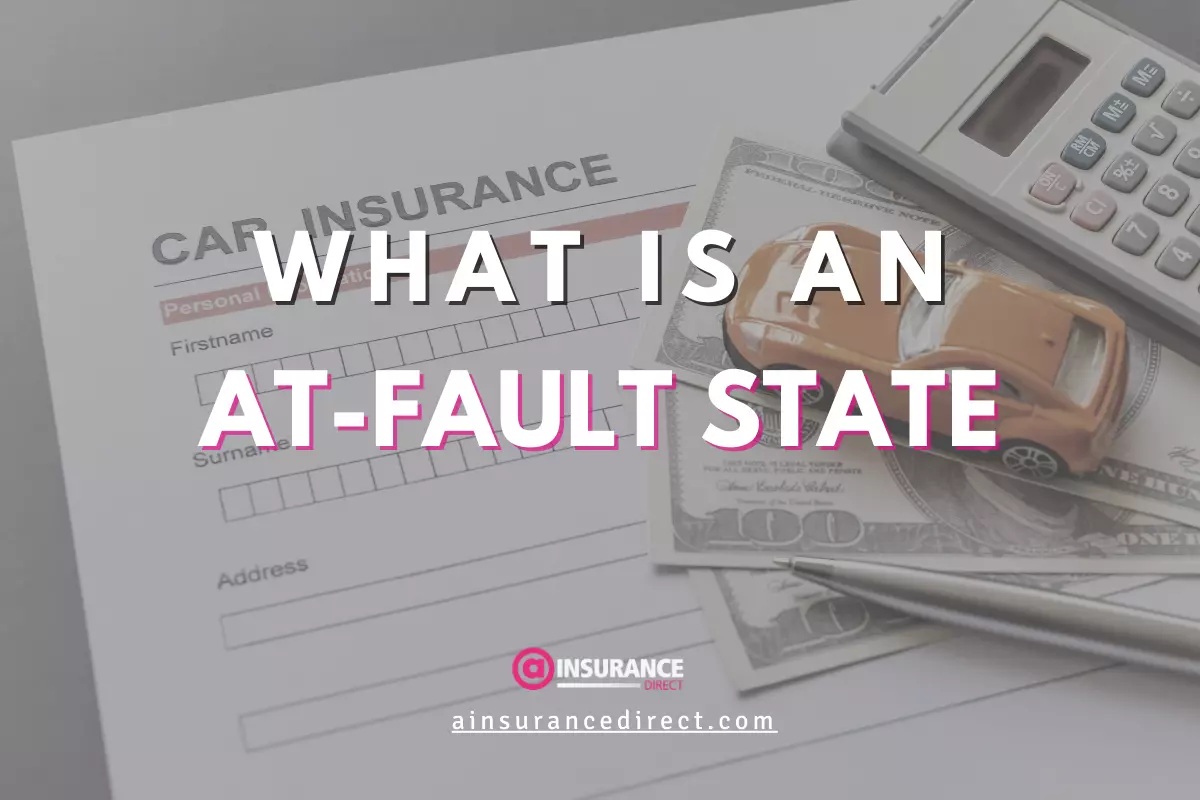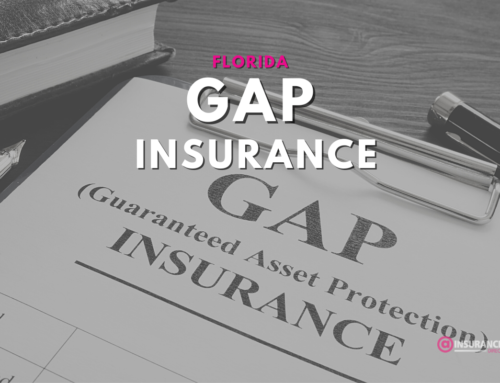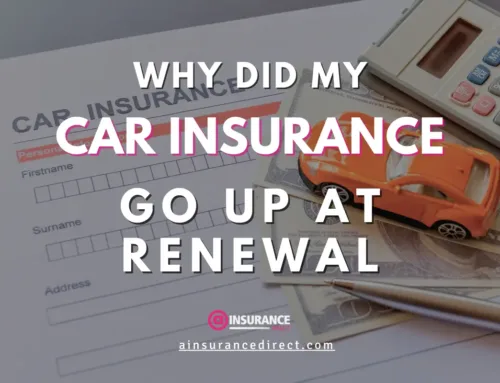
The United States broke into two separate methods for assessing fault when a car accident occurs. The most popular method is the “At-Fault” method. This method puts the driver who caused the accident to be at-fault for both parties’ costs. At-fault states are states that require drivers to be held responsible for their negligence or recklessness. In Tennessee, this means that if you are involved and responsible for damages in an accident, you will be held financially liable for all resulting damages and injuries. Causing an accident may result in the need for an SR-22 filing. This includes medical expenses, property damage, lost wages, pain and suffering, and other costs related to the accident. Understanding how at-fault states work is important for all drivers in Tennessee so they can make informed decisions about how to best protect themselves financially in the event of an accident.
The Basics of the Tennessee Tort System & How it Impacts Your Insurance Rates
The Tennessee Tort system is an important part of the state’s civil justice system. It sets out the rules that determine who is liable for damages caused by negligence or other wrongful acts. Understanding how this system works can help you understand how it affects your insurance rates and specific cases of times where the fault is directed at the State or an individual. Simply put, the TORT system holds the State and individuals liable for misuse, neglect, or malpractice. This means that potholes that have been reported and not addressed which cause damage to people or vehicles are eligible for coverage. This also means that drivers who cause an accident will be held liable as well. A great aspect of this system is that it allows drivers to get the proper help when roads are not safe and cause accidents.
Insurance Fact
Understanding the Different Types of Car Insurance Coverage Available in Tennessee
Tennessee drivers have a variety of car insurance coverage options to choose from. Understanding the different types of car insurance coverage available in Tennessee is essential for drivers to make sure they are adequately protected in the event of an accident or other incident. Most no-fault states offer Personal Injury Protection or commonly known as “PIP”, but states like Tennessee do not offer such coverage. Instead, Medpay replaces PIP in Tennessee but is not required in the state of Tennessee. It’s important to speak with your insurance agent about the range of coverages and how they can protect you.
What is a No-Fault State and How Does It Affect Drivers?
No-fault states have adopted a no-fault system of automobile insurance such as The State of Florida. This means that when an accident occurs, the insurance company of each driver will pay for their own damages and injuries regardless of who is at fault. No-fault states have their own set of rules and regulations which can affect drivers in different ways. In this article, we will discuss what a no-fault state is and how it affects drivers. We will also explore the various use cases of no-fault states and how they differ from traditional tort systems. Finally, we will look at the pros and cons of no-fault states so that you can decide about your auto insurance coverage.
Can You Change From No-fault to Fault Insurance State?
In a no-fault insurance states, the driver who is at fault for an accident is not held liable for any damages. Instead, each party involved in the accident will file a claim with their own insurance companies to cover their losses. The insurance companies of the drivers involved in the accident will then determine who was at fault and pay out accordingly. This system helps to keep costs down as both parties do not have to go through a lengthy legal process to determine who was responsible for the accident. It also ensures that everyone involved in an accident receives compensation for their losses regardless of who is found to be at fault.
What are the Penalties for Driving Without Proper Auto Insurance in Tennessee?
Auto insurance is an important requirement for all drivers in the state of Tennessee. It’s important to make sure that you are equipped with the proper amount of auto insurance and the proper type of insurance when driving in Tennessee. Without proper auto insurance, drivers can face serious penalties that may include fines, license suspension, and even jail time.
How to Find The Right Car Insurance For You
The right car insurance for you is car insurance that cares. Insurance Direct started over 14 years ago with the mission to help drivers across Florida, Texas and Tennessee find affordable auto insurance solutions. We do this by equipping ourselves with all of the up-to-date knowledge of insurance, discounts such as paying policies in full and changes in laws, and informing our clients on potential ways to save. Try an insurance agency that will apply all available auto insurance discounts by getting a quote today!
What Is The Minimum Insurance Coverage Required by Most US States?
| Minimum Insurance Required |
Bodily Injury (BI) | Property Damage (PD) |
Personal Injury Protection (PIP) |
|---|---|---|---|
| Florida (No-Fault) | optional coverage | $10,000 | $10,000 |
| Texas (At-Fault) | $30,000 per person, $60,000 per accident |
$25,000 | optional coverage |
| Tennessee (At-Fault) | $25,000 per person, $50,000 per accident |
$15,000 | optional coverage |
What Is The Average Auto Insurance Cost Per Year in Tennessee?
| Average Cost Per Year | State Minimum Car Insurance | Basic Full Car Insurance | Full Car Insurance |
|---|---|---|---|
| Florida | $835 | $1,620 | $1,920 |
| Texas | $718 | $1,565 | $1,842 |
| Tennessee | $539 | $1,354 | $1,583 |
At-Fault vs. No-Fault Insurance State
In a no-fault states, the driver who is at fault for an accident is not held liable for any damages. Each party involved in the accident will file a claim with their own insurance companies to cover their losses.
Is Tennessee an At-Fault State for Car Insurance?
Tennessee is a at-fault state, and when a motor vehicle accident occurs, the at-fault driver is legally and financially responsible for the damages.
Is Florida an No-Fault State for Car Insurance?
Florida is a no-fault automobile insurance state. The FL drivers must carry Personal Injury Protection insurance (PIP) to pay for their medical expenses and other damages, regardless of who caused the collision.
Is Texas an At-Fault State for Car Insurance?
Texas is an at-fault state and the person responsible for the auto accident is responsible for paying for damages.
Drive Safe!


